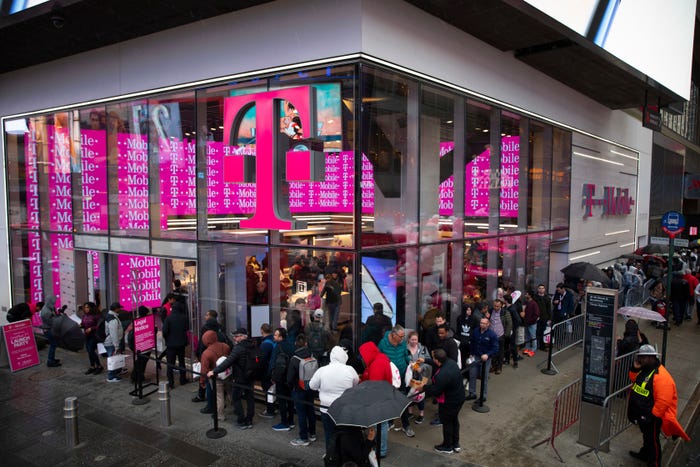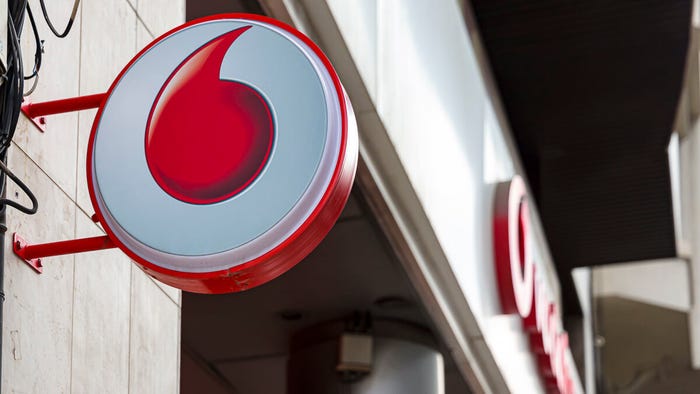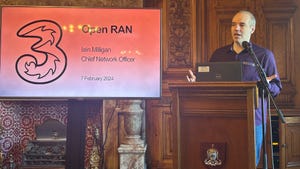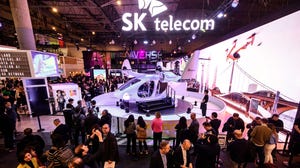News
Sowmyanarayan Sampath, EVP and CEO of Verizon's consumer business
Fixed Wireless Access (FWA)
Verizon hints at FWA expansion next yearVerizon hints at FWA expansion next year
'We're going to have to come back and explain where we want to grow that business longer term,' said Verizon's Sowmyanarayan Sampath, hinting at growth beyond 4-5 million FWA customers.
Subscribe and receive the latest news from the industry.
Join 62,000+ members. Yes it's completely free.





































.jpg?width=300&auto=webp&quality=80&disable=upscale)

















